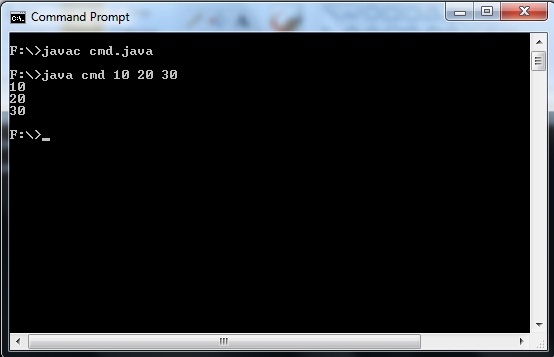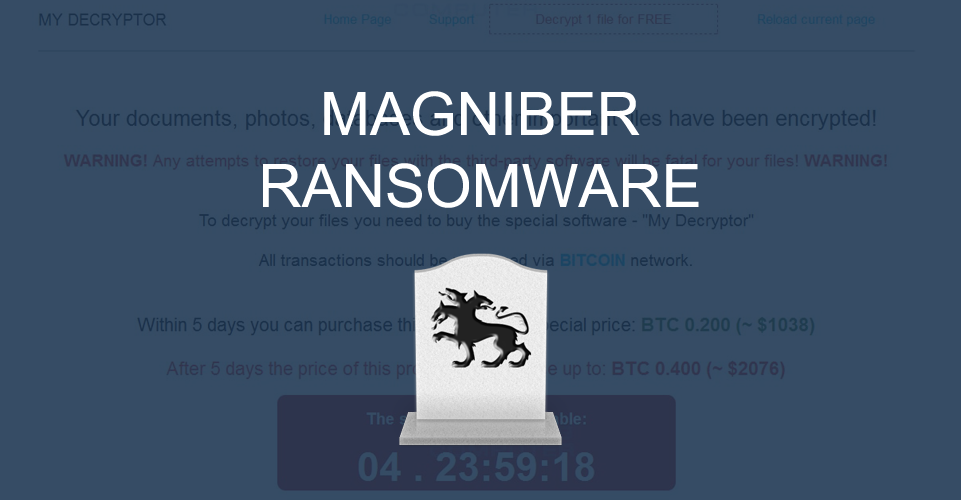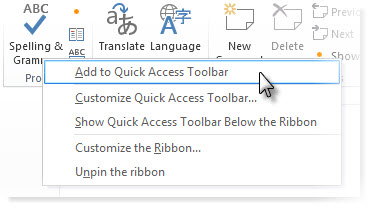Is the CCNA Security
Worth It?
When it comes down to
taking any IT or cyber security certification, people will at some point ask
themselves if the certification is really worth the time and effort that it
takes to pass the exam. While most people in the cyber security field
have heard of the very popular Cisco Certified Network Associate (CCNA), many
people don’t know that this certification actually consists of many different
tracks. What that means is that you can earn a CCNA certification in a
variety of disciplines.
While the most common
CCNA track is certainly Routing and Switching, one of the other very common
tracks is Security. Many people ask if the CCNA Security certification is
of value and worth the time and investment required.
Is the Cisco CCNA
Security certification worth it? The Cisco CCNA Security certification
is worth the effort if you currently have or intend to have a career in
computer networking, regardless of whether your company uses Cisco
products. This is especially true if your position involves security
tasks.
While that may seem
straightforward, you may wonder why the CCNA Security exam is worth the time
and effort you would need to put into it, and if it’s the best choice for
networking and security professionals, especially if you don’t work in a Cisco
environment. Let’s look at a few of the reasons why I recommend the CCNA
Security as a certification for current and future networking professionals.
Experience Recommended for
CCNA Security
Most exams that you
will look at in the field will have a recommended amount of experience you
should have before sitting for an exam. While Cisco doesn’t explicitly state
that you need prior experience besides the CCENT, CCNA Routing and Switching
(routing and switching), or any CCIE certification, I recommend that you have
around two years of experience, whether that be through prior work experience
of schooling. This will provide you with a decent background of knowledge
including knowledge of things such as the TCP/IP and OSI models basic routing protocols.
Prerequisites for the CCNA
Security Exam
One thing that makes
the CCNA Security exam stand out is that you must have other certifications to
take the exam. The certifications that you can hold to qualify to take the CCNA
Security exam is the CCENT, CCNA Routing and Switching, or any CCIE exam.
You’ll notice from this prerequisite requirement that Cisco wants to make sure
you’ve been down the routing and switching track before you venture over into
the security realm (unless of course they see you as an expert in Cisco
technology with the CCIE.) We can assume that this is because you’ll need
a solid base of networking knowledge, on which routing and switching is built,
before you can apply security to that network.
CCNA Security is Only One
Exam
One factor that the
CCNA Security has over some other CCNA flavors is that you only need to take
one exam to get your certification. While this may require more studying at one
time than a two-exam certification, it is still very manageable. It is also a big
relief for me because I will have the certification once I pass the first exam,
rather than having to go in to take the next half. This is why we always
recommend cyber security beginners go after certifications that only require
one exam, as this moves you that much faster into a certified status, which can
help open up employment and internship opportunities faster than if you had to
take multiple exams to earn a certification.
CCNA Security is Reasonably
Priced
For those on a short
budget, in college, or just starting out in the field, the cost of the CCNA
Security exam might be a turn-off, but in relation to other exams, it is
reasonably priced. The current cost of the CCNA Security exam is $300, which is
on average with most intermediate level certification in the cybersecurity
field (consider for example that the Certified Ethical Hacker certification can
cost around $1,200.) The price of the exam will be more than worth it though if
you decide to pursue a job in cyber security or network security.
CCNA Security is Recognized
by the U.S. Government
When looking at the
value of a certification, you should see if it is accepted by the United States
government, especially if you are in or are attempting to enter into
government-related cyber security work. Employers tend to value
certifications that are recognized by the U.S. federal government more than
similar certifications that are not. The U.S. Department of Defense (DoD)
created the 8570 directive which provides guidance for the training, certification,
and management of the DoD workforce. The DoD has approved the CCNA
Security certification as an Information Assurance Technical (IAT) level one
and two. The CCNA Security certification is also recognized by the NSA and
Committee on National Security Systems (CNSS) as a CNSS 4011 training standard,
a national training standard for information systems security
professionals. These are all very good things for you if you choose to
pursue the CCNA Security, even if you’re not planning on working with the
government or with a government contracting agency.
How Long Will It Take to
Learn CCNA Security?
You may be wondering
what the expected timeline is to earn the Cisco CCNA Security
certification. This is all up to how much time you can dedicate to studying,
your knowledge retention, previous knowledge, and if you are focused on getting
the CCNA Security certification or are dedicating a lot of your time to work
and therefore have to balance your study time.
If you are thinking
about sitting for this exam and you already have a Cisco CNA Routing and
Switching certification, you should give yourself a minimum of 2 months’ worth
of studying to prepare. If you have previous experience in the field, you might
be able to get away with less, but I highly recommend setting aside enough time
you think you need plus 2 or 3 weeks.
For those that only
have the CCENT, I recommend that you focus on studying for the CCNA Routing and
Switching before going for this exam. If you want to go directly for the CCNA
Security certification with only a CCENT, you should set aside around 3 – 4
months to study the material. There are multiple studying mediums and finding
the one best for you will make this process much smoother. There is plenty of
material out there for you to study on any platform. You can even buy a CCNA
Security lab kit for around $1,000 to do the physical configurations, but of
course your best option is to get hands-on with live Cisco equipment if you
have that option.
What to Expect On The CCNA
Security Exam
Cisco, like most other
companies, creates the exam topics which will be in their exam at their own
direction. Cisco claims that the CCNA Security exam has seven topics
areas or domains: security concepts, secure access, VPN, secure routing and
switching, Cisco firewall technologies, IPS, and content and endpoint security.
Within these exam topic areas, there are of course many more sub-topics which
give you a general basis of what to expect. Each of these includes different
security controls that you will have to know about and also know how to
implement them onto Cisco equipment. The exam consists of 60 – 70 questions
with a time limit of 90 minutes. Cisco does not reveal what the point
values are for each exam question, and you should also keep in mind that a few
questions that you’ve seen will be simulations or even tester questions that
may not even be scored.
CCNA Security Salaries
When it comes to
figuring out how much a certification is worth, it’s important to see how much
it could increase your salary or the salary that you could command in the open
job market. According to the U.S. Bureau of Labor Statics, a network
architect can make a little bit over $100,000 in many parts of the country.
This all depends on where you get a job, the amount of experience that you have
and how valuable you are to their company, based on your skill set and their
particular needs. More realistically speaking, you will probably earn around
$80,000 if you decide to get a job in that field, once you’ve built established
experience and have certifications to support that knowledge.
While the CCNA
Security might not directly increase your salary, it will, however, increase
your perceived value to a corporation. Having the CCNA Security certification
will also help to give you an edge over your peers because it combines
knowledge of CCNA Routing and Switching in addition to how to implement proper
security controls on that equipment.
Is the Cisco CCNA Security
Hard?
Is the Cisco CCNA
Security Hard? The Cisco CCNA Security certification is a
difficult intermediate-level certification because it requires solid knowledge
of routing and switching network configurations in addition to network security
concepts, which must be configured on Cisco equipment in a practical manner.
The CCNA Security is
regarded as being rather difficult, and in fact just as difficult as the CCNP
Routing and Switching exam. This is because of the level of the exams; you need
to know the fundamentals which you learn in for the CCNA Routing and Switching
exam for both exams.
Is the Cisco CCNA
Security Harder than the CCNA?
Is the Cisco CCNA
Security Harder Than The CCNA? The CCNA Security certification is
more difficult than the Cisco CCNA because it builds on the routing and
switching knowledge covered in the CCNA exam and applies security principles to
those concepts. Candidates must have routing and switching knowledge
before they can sit for the CCNA Security exam.
With the CCNA Security
exam being on par with the CCNP Routing and Switching exam, even people that
have been working with Cisco equipment for 5 or more years have still struggled
to pass this exam. It is a difficult exam and one that you need a large amount
of time to learn every detail about the exam topics. As mentioned before, I
would recommend setting up either a physical lab to help prepare yourself with
the configurations.
How Does CCNA Security
Compare to Similar Exams?
Like most other CCNA
exams, the CCNA Security includes having a base knowledge level of CCNA Routing
and Switching because it is the base where each pathway stems from. While most
other flavors of the CCNA will include bits of security, the CCNA Security
differs from those because it focuses on security above everything else. You
will still have to know how to set up and configure basic networks, but the
focus is on security controls and how to implement them properly.
CCNA Security’s Value
If you have ever
looked at networking jobs, you will see a very common trend among employers,
which is that they often want someone with a Cisco CCNA. The problem with the
CCNA Security certification is that it is not as well known as the CCNA Routing
and Switching certification. With that being said, it is still a highly valued
certification that is backed by Cisco and similar enough to the standard CCNA
Routing and Switching certification. It also tends to be a better door
opener for networking positions than the CompTIA Security+ exam because it
includes implementation of the security control you need to know for CompTIA
Security+ exam in addition to the configuration of equipment. This practicality
makes the exam more valuable in many employers eyes than the theoretical nature
of the CompTIA Security+. Also, with the CCNA Security being recognized
by the U.S. government (the Security+ is as well), it further increases the
value is holds within the networking field.

















